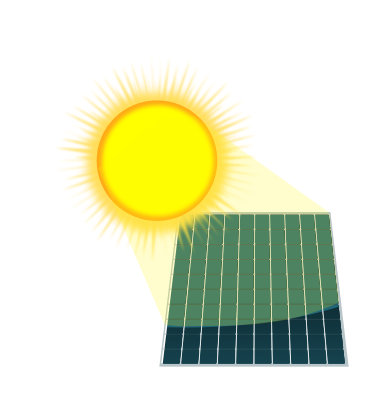

I disagree. Just following your source to its conclusion, I think it’s safe to say OA (organic agriculture) is better all around:
7.1 Pros • Lower emissions of CO 2 , N 2 O, and CH4 • Enhanced soil and water quality • Lower energy use per land area • Higher energy efficiency per land area 7.2 Cons • Lower soil profile SOC stocks [i.e. how much carbon is in the soil] • Lower crop yields • Higher land requirement • Lower energy production per land area
Your conclusion that we’d have to clear more land for agriculture use if we all switched to OA seems flawed; e.g. here in Germany we use about 60% of agricultural land to raise livestock feed like corn etc (https://www.landwirtschaft.de/tier-und-pflanze/pflanze/was-waechst-auf-deutschlands-feldern). Seems to me like eating less meat and growing idk lentils or beans would not immediately lead to food insecurity.
This is also what the FAO says: yes, OA leads to yield reduction when compared to conventional methods, but not to food scarcity and instead to healthier ecosystems (https://www.fao.org/organicag/oa-faq/oa-faq6/en/).
(sry gotta go, more.later)












yes, but they’re still right. Of course CICO (Calories in, Calories out) is a thing, but the Calories out part (e.g. exercise) does not have as much leverage as he calories in part.
it’s just so very easy to take in thousands of calories in 1-2 hours (think burger, fries, milkshake and alcoholic drinks). On the other hand, most people will struggle to burn more than say 800kcal/hr - and that’s why we say weight is gained or lost in the kitchen.